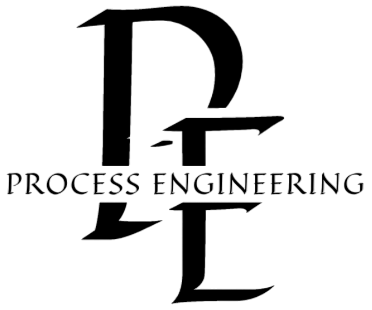Overcoming Common Process Engineering Challenges
Introduction to Common Challenges Process engineering is a complex field that involves various technical challenges. From managing fluid dynamics to optimizing thermal processes, engineers often face difficulties that require innovative solutions. Understanding these common challenges is the first step towards overcoming them. Fluid Dynamics Issues One of the most frequent challenges in process engineering is managing fluid flow. Whether dealing with pressure drops, flow rates, or pipe sizing, engineers must ensure efficient fluid movement. Proper calculation tools and expert guidance can significantly mitigate these issues. Thermal Process Optimization Thermal processes are another critical area where engineers often encounter problems. Ensuring efficient heat transfer, minimizing energy loss, and optimizing heat exchanger designs are key tasks. Utilizing advanced calculation tools and best practices can help achieve optimal thermal performance. Seeking Expert Guidance When facing these challenges, seeking expert advice can be invaluable. Our team of seasoned engineers is available to provide detailed responses to your technical questions, helping you navigate and resolve complex issues effectively.





